York schools are launching a local-authority wide poverty proofing audit to address the “persistent advantage gap” for pupils living in deprivation.
While York has a higher attainment rate than the national average, the gap between disadvantaged and non-disadvantaged pupils’ outcomes is particularly wide.
Pupils in seven schools will be asked about the barriers they face during the school day, including around the cost of school trips, food and drink, and extra-curricular activities.
Auditors will make specific recommendations of changes to each school, and there are plans to collate lessons learned from a public website by researchers at York St John University.
Dr Carole Pugh, senior lecturer at York St John’s, said “by listening to the voices and experiences of children and parents, that will help us to demonstrate that poverty is an issue in York”.
‘We don’t understand disadvantage issue’
The city of York is one of the least deprived areas of Yorkshire, according to census data, but around 3,500 children are living in poverty.
“York is quite a small area, but I don’t think we really understand the disadvantage issue we have,” says Matt Smith, headteacher at Huntington Secondary School and leader of the poverty proofing project.
Department for Education data shows while around 75 per cent of York pupils achieve at least a C in English and maths at GCSE – far higher than the national average of 56 per cent – there is a 34-percentage point gap between those in the authority’s most and least affluent wards.
According to City of York Council, 17 of its smaller areas – known as ‘Lower Layer Super Output Areas’ – are within the most deprived areas of the country in terms of educational outcomes.
This has led to a “persistent advantage gap”, according to the council’s Schools and Academies Board.
“It feels like a different city to live in, in terms of being on the breadline… maybe as a city we’re not geared up to tackling that, in the same way that bigger cities are,” Smith says.

Schools can support their disadvantaged children through pupil premium funding, available to those eligible for free school meals.
But measuring poverty just by the numbers of pupils on free school meals can be a simplistic measure, Smith suggests.
“I think since the pandemic, there’s a layer of young people and their families that sort of sit above that threshold. I would still argue [they are] living in poverty and with financial constraints, that really impacts their enjoyment at school and what they can access in terms of opportunities”.
Also working on the project is Dr Carole Pugh, a senior education lecturer from York St John’s University, with a specialism in child poverty.
She says: “We don’t have a large population of disadvantaged students – we don’t hit any of the indicators that say this is a very disadvantaged area.
“[But] we know we do have some very disadvantaged families here, and we know that what we are doing is not effectively supporting them.”
‘Subtle barriers’ of poverty
Smith set out to understand how to better support his disadvantaged pupils last year – and was exposed to things he and staff members “just didn’t see at all”.
Charity Children North East, which developed the concept of poverty proofing eight years ago, carried out a day-long audit of his school.
Auditors spoke with every pupil at Huntington, as well as some parents and staff. Children were asked to go through their school day and unpick all policies and practices at the school. Their interactions were also observed at lunch break and after-school clubs.
All conversations were then taken away and collated into key findings for the school, including what it was doing well and what it could improve on.
“A lot of these barriers were really subtle barriers, and I think it’s almost when you put the culmination of all these barriers together, you think goodness me, for a child who’s living in poverty, you can see how school could be quite a difficult place,” Smith admits.
Huntington’s audit found the school was already serving disadvantaged pupils effectively through free transport, offline homework and low-cost celebrations and school photos.

But families expressed anxiety around the costs of school trips, particularly how quickly money had to be paid, and the price of lunches.
The school took on a lot of the audit recommendations, and plans to implement more over the next five years.
One idea is to make sure there is at least one payday between telling students about a trip and payment deadline, with better communication about the breakdown of all costs to parents.
Pupils will also be more closely supervised in queues for school lunches, where prices for food items will be displayed.
And Smith has introduced a free breakfast club ahead of the national government rollout, while training for staff has changed the way letters to parents are written to be more inclusive towards those struggling financially.
He says parents “have really noticed that shift of how the school is operating”, but “you can’t change it all overnight”.
Widening the scope
Smith wants to take lessons learnt in his school and widen the scope to other settings across the city.
The council’s Schools and Academies Board is working in partnership with Children’s North East on the project and has trained 15 local auditors.
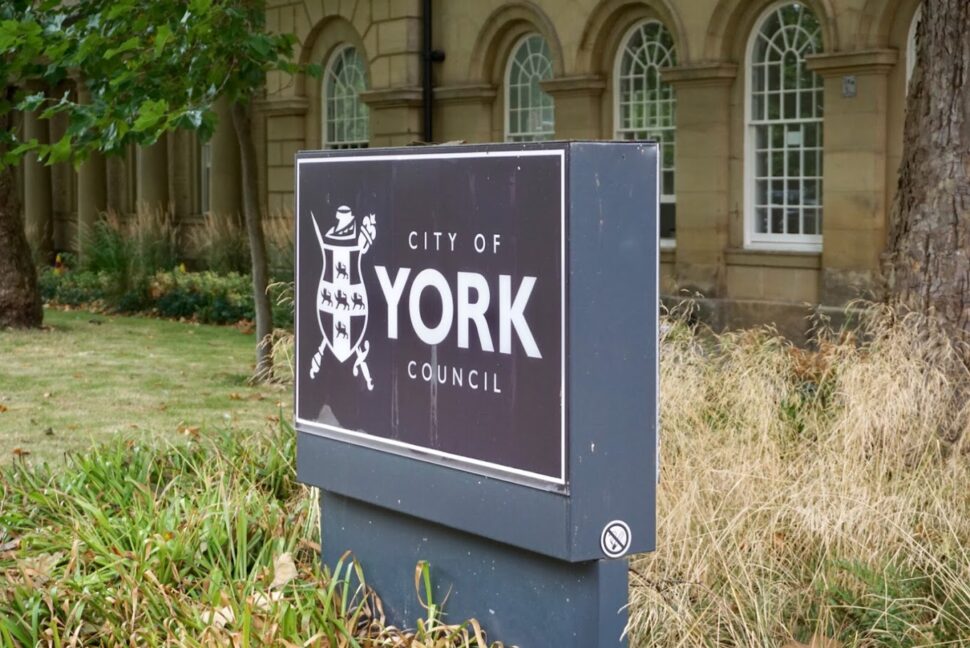
The first pilot school will be visited later this month, with the rest audited by the end of May.
Dr Pugh said training local people as auditors will give them “a much better understanding of the local area… there’s that level of knowledge about certain streets that if you are a local, you know what that means in a way that other people don’t.”
She added that by following the process, they could understand the benefits of a local- authority wide approach.
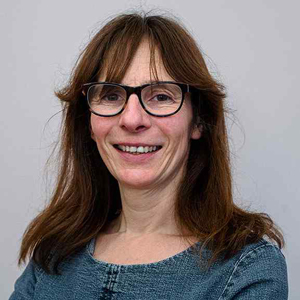
“A lot of audits focus on the single location,” she says. “Schools themselves can make changes and can definitely do stuff to address the exclusion that some families who are less well-off feel, but there are limits to that”.
Dr Pugh believes that by highlighting patterns across schools, leaders can make wholesale changes with external providers for school meals, or transport. The university will lead focus groups throughout the process to understand the benefits of the audits, and the impact they could have on changing perceptions around poverty in the city.
Dr Pugh says her team “are hoping that by focusing on poverty proofing and particularly by listening to the voices and experiences of children and parents, that will help us to demonstrate that poverty is an issue in York.
“That it has an impact, and there are changes that we can make that will help schools.”
Smith adds: “I think what we’re really hoping for is that we’ll get some sort of sense of the challenges within the city of York.”
The £25,000 scheme is funded by the council, and subsidised by the Children North East charity.

Cllr Bob Webb, City of York Council’s executive member for children, young people and education, said: “Tackling poverty and its generational impact is one of our key priorities, and I’m pleased that this pilot will support our ongoing work to reduce the impact of poverty on children and young people in our city.
“The pilots will enable us to review how we can better support young people living with poverty to ease some of the barriers, anxiety and challenges they face at school.”







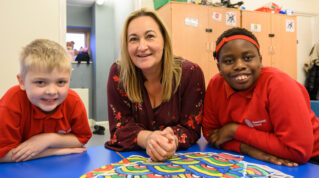
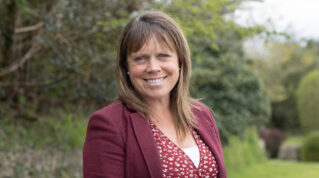
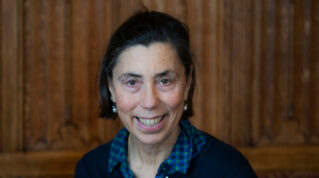
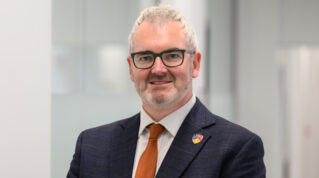



Your thoughts